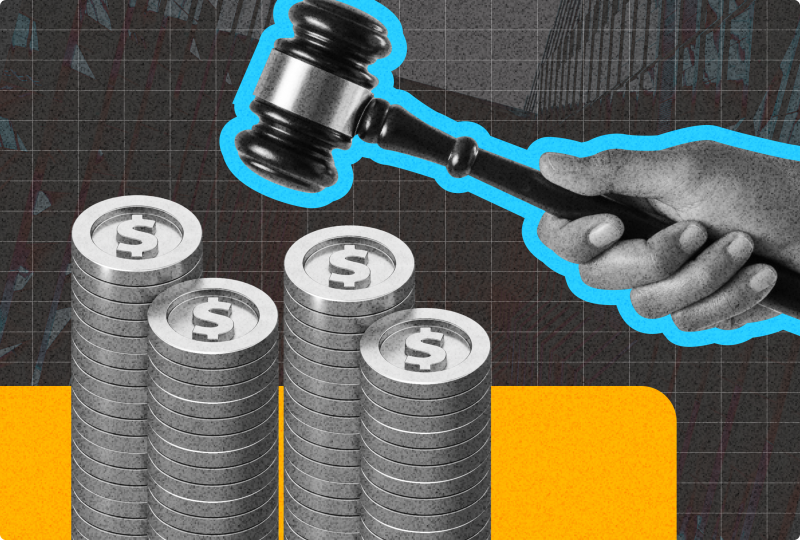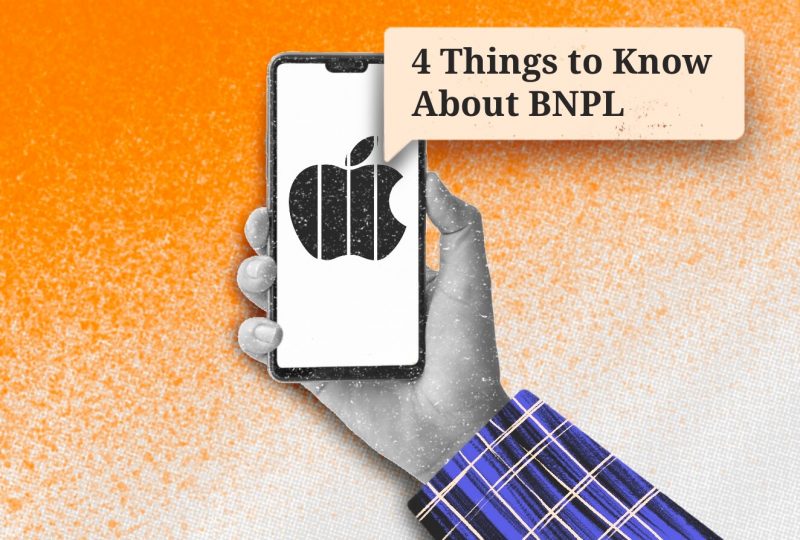Louisiana Crypto: The First U.S. State to Accept Cryptocurrency Payments for Services
Sep 20, 2024

Louisiana has made history by officially becoming the first U.S. state to accept cryptocurrency payments for government services. This groundbreaking move reflects the growing acceptance and legitimacy of digital currencies. Residents can now use Bitcoin (BTC), Bitcoin Lightning Network (LN), and USD Coin (USDC) to pay for state services through private, non-custodial crypto wallets.
State Treasurer John Fleming emphasized the importance of this move, stating, “By accepting cryptocurrency, we’re not only innovating but also providing our citizens with greater flexibility and convenience.”
The historic transaction involved a fine paid to the Louisiana Department of Wildlife and Fisheries using the Bitcoin Lightning Network, with more agencies expected to follow. Secretary Madison Sheahan sees this as a way to enhance customer service and modernize the department.
Louisiana Cryptocurrency Laws
The initiative is the result of a working group formed in 2022, which identified crypto as a viable payment method. State Representative Mark Wright, a strong advocate for expanding payment options, has been instrumental in this progress.
Wright expressed his enthusiasm for this groundbreaking development, stating, “Louisiana is leading the way in embracing digital payments.”
The state’s foray into cryptocurrency payments follows a series of pro-crypto legislation passed earlier in 2024. Notably, the “Louisiana Bitcoin Rights” bill solidified citizens’ rights to utilize Bitcoin for transactions and established legal protections for home-based crypto miners.
The Louisiana crypto bill also went further by prohibiting the creation of central bank digital currencies (CBDCs) within the state. This legislation, coupled with the recent implementation of crypto payments, paints a clear picture of Louisiana’s crypto-friendly stance.
How Does Louisiana’s Crypto Payment System Work?
While residents can pay with various cryptocurrencies, it’s important to note that the state itself doesn’t directly handle crypto. Instead, Louisiana utilizes a third-party processor, Bead Pay, which seamlessly converts cryptocurrency payments into U.S. dollars before depositing them into government accounts. This process is similar to credit card transactions, ensuring security and efficiency.
This eliminates any potential risk associated with cryptocurrency price volatility for the state. The system offers several advantages for both residents and the state. Citizens benefit from a faster and more convenient payment method, while the state enjoys reduced processing fees and potentially lower fraud rates.
Louisiana’s initiative results from collaborative efforts between the state, Bead Pay, and local partners. This move aims to promote digital innovation, reduce fraud, and give citizens greater flexibility.
While Louisiana is leading the way, the real turning point will come when governments start accepting cryptocurrencies directly without relying on conversion services. This could begin with stablecoins like USDC and eventually expand to Bitcoin and Ethereum.
The Future of Louisiana Crypto
Louisiana’s pioneering move has received national attention and may pave the way for other states to receive crypto payments. It’s still in the early days, but the success of this initiative could lead to the expansion of accepted cryptocurrencies and potentially even the integration of crypto into other state functions.
The state is committed to maintaining high-security standards and has implemented advanced blockchain technology to ensure transparency and traceability. Regular audits and assessments will further safeguard the system’s integrity.
Louisiana’s decision could significantly impact beyond its borders, setting a precedent for other states to follow. This move could accelerate the broader adoption of digital currencies in various sectors.Only time will tell how this innovative policy unfolds, but one thing is certain: Louisiana has flagged itself at the forefront of the crypto revolution.




